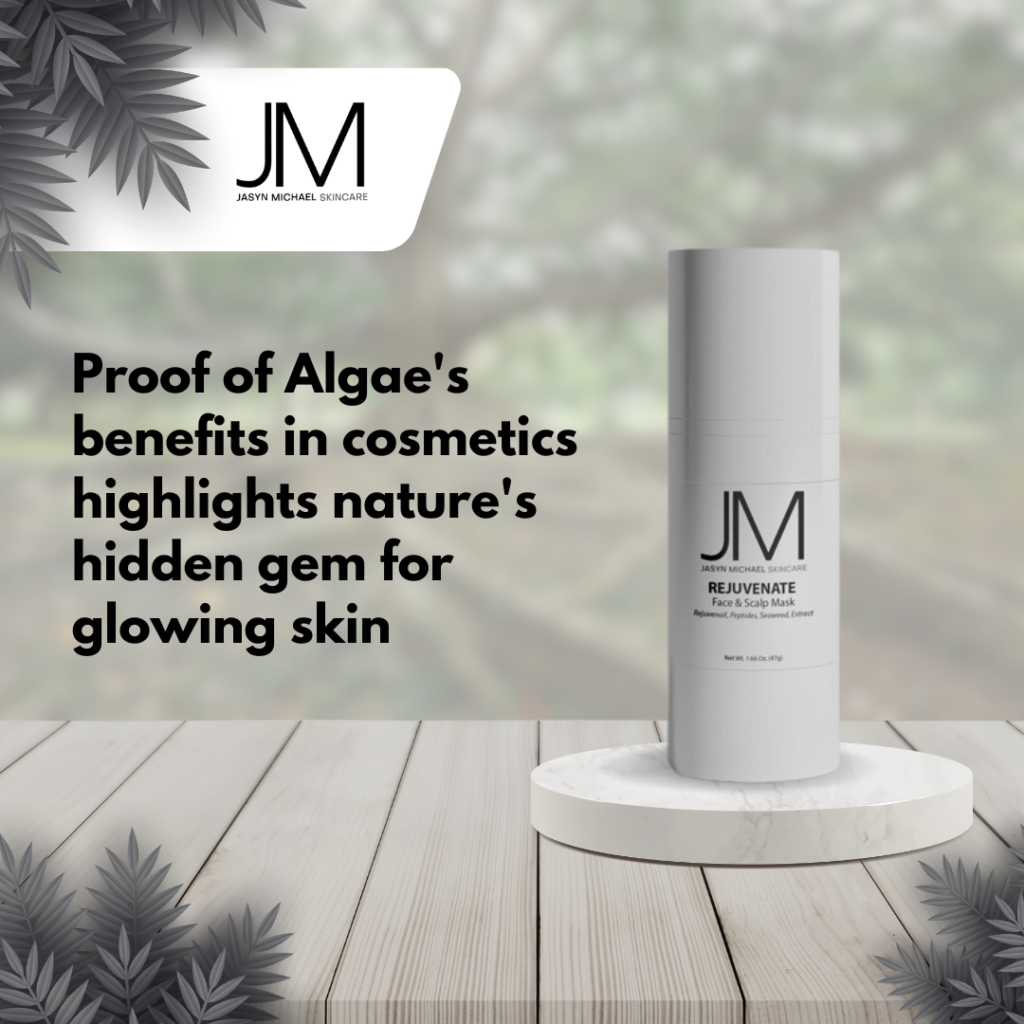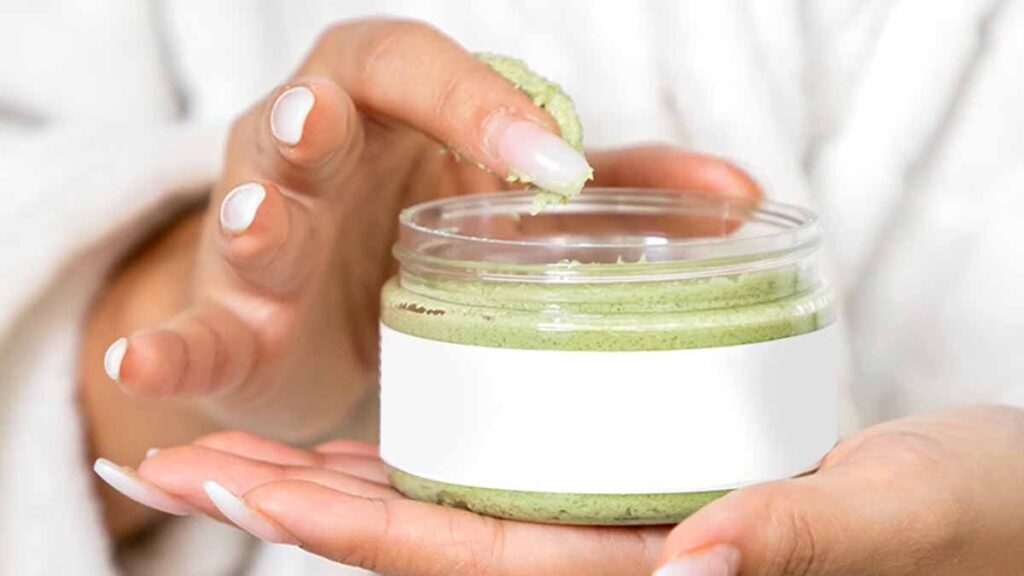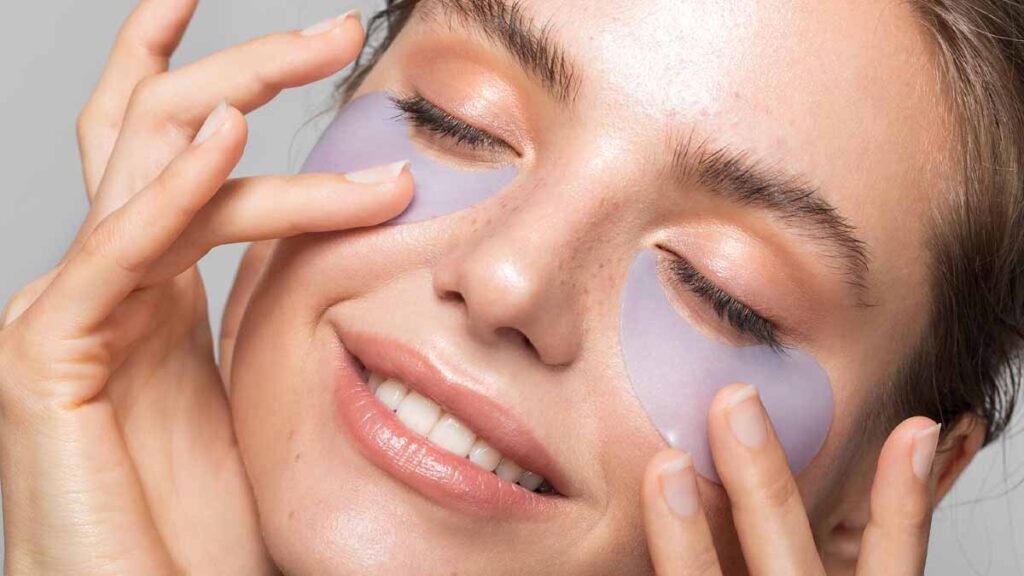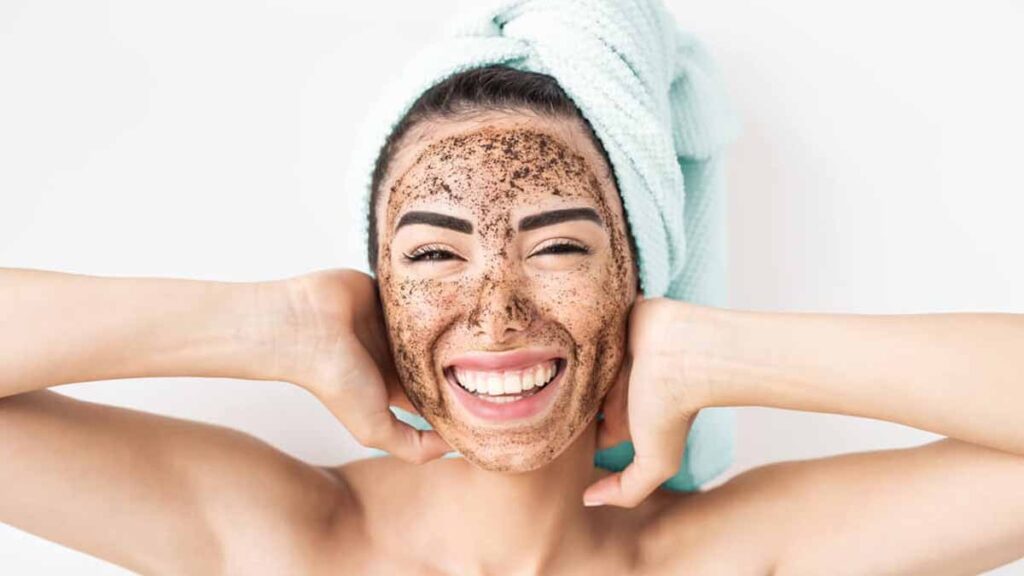Imagine algae as your skin’s best friends. They’re packed with nutrients like vitamins and minerals, much like a nourishing drink for your skin. The minerals in algae align perfectly with what our bodies need, making them super effective. They energize skin cells and keep your skin hydrated, acting like a warm hug that prevents dryness. Algae also form a protective barrier against pollution and signs of aging. Plus, their chlorophyll brings oxygen to your skin, much like how our blood works.
So, when you see algae in skincare solutions, think of it as a natural way to treat your skin with care, especially if it’s feeling a bit worn out. Algae-infused products are really great friends for healthy, happy skin.
What Are Algae and Why Are They Used in Cosmetics?
Researchers have discovered that algae are full of useful nutrients for our skin. They offer crucial amino acids, vitamins, and minerals that energize pores and skin cells. As we age, our pores and skin undergoes numerous changes. It can become thinner, drier, and less firm, leading to fine lines, wrinkles, and larger pores. That is largely owing to a lower in collagen production, which helps maintain our skin smooth and elastic.
A substance referred to as progerin accumulates in our skin through the years and contributes to aging. Combined with factors like sun exposure and pollution, progerin affects how our pores and skin cells function, making it more difficult for them to create new collagen. It’s like a garden that lacks water and nutrients—it struggles to grow strong flowers. In essence, as our pores and skin matures, it calls for additional support to stay healthy and vibrant. This is where algae shine—they are able to nourish and revitalize the skin, making them a precious addition to skincare routines!
Scientific Proof of Algae Benefits in Cosmetics
Algae come in many types and are a sustainable source for creating useful compounds in various fields.
Antioxidant:
Algae help defend your skin from damage, kind of like a shield against harmful factors that can harm it.
Purifying:
Algae skincare products gently cleanse the skin and help keep it from getting too oily, offering a fresh, clean feeling.
Moisturizing:
Algae are great at retaining water, so they keep your skin wonderfully hydrated, making it soft and smooth.
Brightening:
Algae can help lighten dark spots on your skin, much like turning down a bright light to make everything even.
Assisting Correct Microorganism:
Algae help maintain the right balance of microorganisms on your skin, giving a little food to your skin’s beneficial bacteria.
Sun Protection:
Algae can also provide some protection from the sun, acting like a mini sunscreen. The unique and often harsh environments where they thrive have led them to develop special substances to adapt. These substances can be used in cosmetics as active ingredients or as supporting materials.
Applications of Algae in Cosmetics
You know how important it is to protect our skin from the sun, right? Well, tiny organisms like cyanobacteria and algae are doing some great work in that department!
These little guys make oxygen and use sunlight to gain energy, which is essential for life. However, here’s the catch: our ozone layer, which protects us from harmful sun rays, is getting thinner due to pollution. This means more UV rays are hitting us, and they can damage our skin and accelerate aging.
To combat this, microalgae have some cool tricks. They can:
- Fix Damage: If something harms their cells, they can repair it.
- Create Protectants: They produce substances that help block UV rays.
- Stay Out of Excess Sun: They have ways of protecting themselves from direct sunlight.
- Make Natural Sunscreens: Some algae produce compounds that act as natural sunscreens. For example, Scytonemin serves as a shield against UV rays, and Mycosporine-like Amino Acids (MAAs) help protect their cells from damage. These natural protectors are used in skincare products like Helioguard 365, a sunscreen that uses these natural compounds from red algae.
Types of Algae
Brown Algae:
Rich in iodine and fiber, brown algae promotes healthy hair growth and aids in wound healing. It also contains fucoidan, which protects the skin’s elasticity, helping to keep it firm and youthful.
Red Algae:
Packed with beta-carotene and protein, red algae is known for its strong anti-aging properties. It helps smooth and firm the skin and contains mycosporine-like amino acids that absorb UV light, providing protection from sun damage.
Blue Algae:
Blue algae is full of B vitamins, amino acids, and healthy fats. It nourishes the skin and provides essential nutrients that support overall skin health.
Green Algae:
High in vitamin C and magnesium, green algae acts as an antioxidant, helping to defend the skin from UV damage and keeping it fresh and vibrant.
In short, different types of algae offer a wide range of benefits that hydrate, protect, and improve your skin, making them excellent ingredients in skincare products. Algae are the ultimate skincare solution, whether you’re seeking hydration, protection, or anti-aging benefits.






